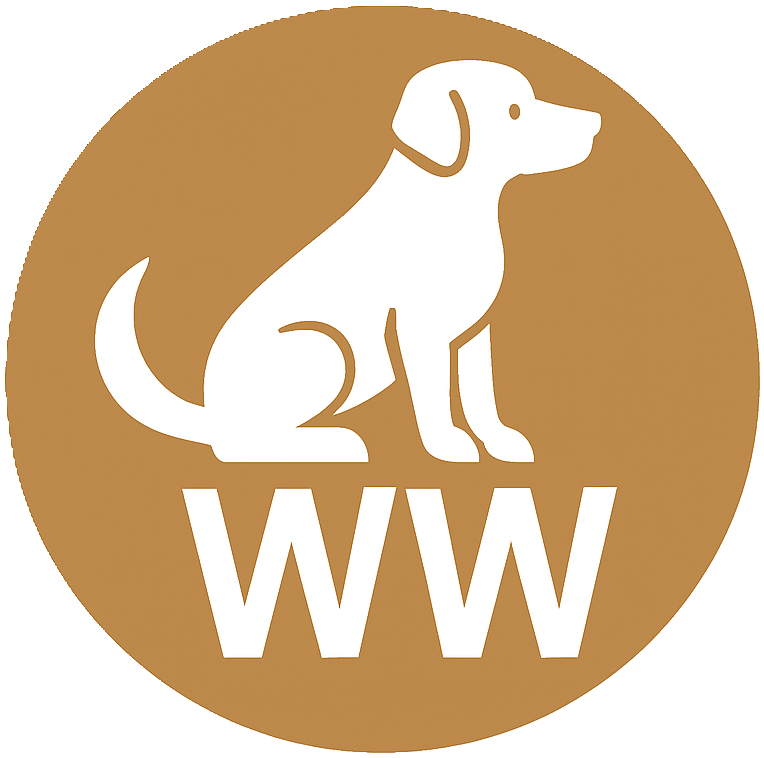Introduction
Caring for a dog is a rewarding journey that brings joy, companionship, and responsibility into your life. Whether you’re a new pet parent or looking to refine your routine, understanding the fundamentals of daily dog care ensures that your furry friend stays healthy, happy, and well‑adjusted. This guide covers everything from establishing a consistent schedule to meeting your dog’s physical and emotional needs. By dedicating time and attention to your canine companion, you strengthen your bond and create a harmonious household.
Establishing a Daily Routine
Dogs thrive on consistency. A predictable routine helps reduce anxiety and makes training easier. Start with regular feeding times, ideally twice a day for adult dogs and three to four times for puppies. Maintain set times for bathroom breaks; most dogs need to relieve themselves first thing in the morning, after meals, and before bedtime. Schedule exercise sessions to burn off energy and stimulate their minds. Morning walks, afternoon play sessions, and evening strolls can become rituals you both look forward to. Don’t forget mental stimulation—puzzle toys, obedience practice, and simple games like hide‑and‑seek can keep your dog engaged and content.
Daily dog care checklist:
- Morning bathroom break and walk.
- Fresh food and water.
- Midday play or enrichment session.
- Evening exercise and training practice.
- Nighttime potty break and relaxation time.
Nutrition: Building a Balanced Diet
A nutritious diet is the cornerstone of good health. Consult your veterinarian to determine the right type of food for your dog’s age, breed, and activity level. Commercial kibble is convenient and formulated to meet specific nutritional needs, but read labels to ensure high‑quality ingredients. Wet food can add variety and hydration, while home‑cooked meals allow you to control ingredients—just be sure to include the right balance of protein, carbohydrates, and fats. Some pet owners opt for raw diets; if you go this route, work closely with your vet to avoid nutrient deficiencies. Regardless of the diet you choose, practice portion control. Overfeeding can lead to obesity and related health issues, so measure meals and adjust based on your dog’s body condition. Fresh water should always be available, and treats should be given sparingly to avoid excess calories.
Be mindful of foods that are toxic to dogs:
- Chocolate and caffeine.
- Grapes and raisins.
- Onions and garlic.
- Xylitol (found in sugar‑free gum and some peanut butters).
- Alcohol and yeast dough.
Grooming Essentials
Regular grooming keeps your dog comfortable and prevents health problems. Brushing removes loose fur, distributes natural oils, and reduces shedding. Long‑haired breeds may require daily brushing, while short‑haired dogs can be brushed once or twice a week. Bathing frequency depends on your dog’s lifestyle—active dogs that love mud may need more baths than apartment dwellers. Use a gentle, dog‑specific shampoo to avoid skin irritation. Don’t forget ear cleaning; floppy‑eared breeds are prone to infections, so check ears weekly and clean them with a vet‑approved solution. Nail trimming is another essential task. Overgrown nails can cause discomfort and lead to joint issues. If you’re uneasy about trimming nails yourself, ask your veterinarian or groomer for a demonstration. Lastly, keep your dog’s coat tidy between grooming appointments by trimming fur around the paws and sanitary areas.
Key grooming tasks include:
- Brushing fur to remove loose hair and prevent matting.
- Bathing with gentle shampoo when your dog is dirty or smelly.
- Cleaning ears weekly to prevent infections.
- Trimming nails regularly to maintain comfortable walking.
- Wiping eyes and face to remove tear stains or debris.
Dental Care: Beyond Fresh Breath
Dental health is often overlooked, but poor oral hygiene can lead to painful infections and systemic issues. Brush your dog’s teeth several times a week with a pet‑specific toothbrush and toothpaste. Human toothpaste contains ingredients harmful to dogs, so always use products designed for pets. Dental chews and toys can help reduce plaque buildup, but they shouldn’t replace brushing. Regular veterinary checkups may include professional cleanings to address tartar that can’t be removed at home. Watch for signs of dental problems such as bad breath, drooling, or reluctance to eat hard food; early intervention is key to preventing more serious issues.
Fostering Mental and Emotional Well‑Being
A well‑rounded care routine addresses not only physical needs but emotional ones too. Dogs are social creatures who crave attention and interaction. Spend quality time with your pet through play, training, and simple companionship. Teach basic commands like sit, stay, and come using positive reinforcement; training builds confidence and deepens your connection. Socialization is equally important. Expose your dog to different environments, people, and animals in a controlled manner. This helps prevent fearfulness and aggression. Provide plenty of toys that encourage problem solving, such as treat‑dispensing puzzles, to keep their mind active. Make sure your dog has a quiet, comfortable space to retreat when they need rest or feel overwhelmed.
Monitoring Your Dog’s Health Daily
Being attentive to your dog’s daily habits helps you spot potential health issues early. Pay attention to appetite—sudden changes can signal digestive troubles or dental pain. Monitor water intake; drinking much more or less than usual may point to hormonal imbalances or kidney issues. Observe your dog’s stool for consistency, color, and frequency; diarrhea, constipation, or blood warrant a veterinary call. Check your dog’s eyes and nose for discharge and make note of any coughing or sneezing. Lethargy, limping, or sudden behavioral changes can also indicate something is amiss. Keeping a simple health journal where you jot down observations, weight, and any medications makes it easier to communicate with your vet during checkups. Routine vaccinations, parasite prevention, and annual wellness exams form part of proactive healthcare.
Building a Strong Bond Through Care
Great dog care extends beyond chores—it’s about building a trusting relationship. Use daily interactions to reinforce your bond. Speak in a calm, encouraging tone and reward desired behaviors with treats and affection. Physical contact like gentle petting, brushing, and massages not only relax your dog but also allow you to check for lumps, ticks, or injuries. Incorporate training into daily routines; ask your dog to sit before meals or wait politely at the door. Celebrate small victories and keep training sessions short and fun. Creating rituals, like a bedtime cuddle or morning greeting, gives your dog a sense of security. When your dog feels safe and loved, they’re more likely to behave well and respond to your guidance.
Conclusion
Daily dog care might seem like a lot of work, but the rewards are immeasurable. By establishing routines, providing balanced nutrition, maintaining grooming and dental hygiene, monitoring health, and nurturing your dog’s mental well‑being, you lay the foundation for a happy and healthy life together. Remember that every dog is unique; observe your pet’s preferences and adjust your care accordingly. With patience and dedication, your bond will grow stronger, and your dog will thrive.




